Students and teachers share how they really feel about having cameras on during online classes
Cameras are affecting students and teachers for worse and for better
Kambree Downey (’24), Kelly Klime (’24), and Mason Willyard (’24) log into Webex for class.
In recent times, teachers have encouraged students to turn on their cameras either at the beginning or throughout class. There are numerous pros and cons to having cameras on that can affect the learning environment.
Being able to see each other during school online can have a lot of advantages. For example, focusing on the teachers’ video, engaging within the class, and a sense of the normal school year are all beneficial to students.
Online school heavily relies on the particular student’s willingness to learn and their environment. When students are at home, there can be distractions, whether that be from family, pets, or other electronic devices. Having their camera on could minimize the urge to check that notification or go finish that level in their video game. Yet there are still the circumstances in which WiFi, camera, or audio troubles make turning cameras on impossible.
Family and consumer science teacher Ms. Kaitlyn Saenz said, “There are circumstances we cannot control like people’s WiFi and environments. If there are ten other people in the same room as you, that would be awkward to have your camera on. To me it’s not a matter of should it or shouldn’t it be [cameras being on or off]; I would just say it makes it easier as a teacher, I feel like I’m teaching to people when cameras are on.”
While switching from in-person to online school has taken a toll on most students, engagement has suffered greatly. Students are not wanting to unmute or turn on their camera to answer class questions. Having cameras makes students feel more obligated to answer questions and participate in class discussions. However, it could be a whole different experience for another student.
Lori Zamora (‘21) says, “Having my camera on or off does not affect my learning. If I was going to use my phone or get distracted I feel that it would happen with or without my camera on. Having the camera on is more a courtesy thing for the teacher. I don’t think that having our cameras turned on should be enforced. A lot of people have a lot going on at home, and forcing that on the students can make them feel uncomfortable.”
Schooling is where most students obtain their day to day interactions alongside their education. Being away from school and moving to an online environment is a difficult adjustment all-around, but turning on cameras creates a sense of normalcy for students within the chaos.
Social Studies teacher Mrs. Rachel Sandoval said, “Teaching and learning are reciprocal. So for me, and I think many other teachers, when I can see your face, you nodding, or kind of confused, it’s a give-and-take, back-and-forth, reciprocal type experience that obviously we don’t have fully, but having your camera on is the closest thing to that. So I think having your camera on is better for the student and the teacher.”
When students don’t have their cameras on, it’s easy for a teacher to move on even if some students don’t understand the material. In school, teachers can read body language and look at students to see if they’re confused. Without being able to see the students’ faces, it is more difficult for teachers to encourage questions to be asked.
Although there are many advantages to having student cameras on, there are also many disadvantages. Some include students feeling vulnerable, competing for distractions, an increase in anxiety or stress, and fatigue.
Addison Babcock (‘24) said, “Online school sucks, and having to turn on your camera induces so much anxiety and stress, and we end up being more focused on if I look okay or can they see my family issues? Is my poster school appropriate? Or what if they watch me eat my sandwich or what if it’s on and I don’t know?”
Having cameras on can make students feel vulnerable. When only one person has their camera on, they could feel uncomfortable. Intimidation also plays a role in students’ cameras being on or off.
That being said, learning from home means more distractions such as other devices. Resisting temptations to stop listening or focusing on the lecture could be incredibly hard for many students. There is also the factor of other family members or situations in the background which is something students may not want to put on display.
A student interviewed for another local high school newspaper said, “There are reasons at times students might not want their cameras on. Maybe it’s something going on in the background with family they don’t want everyone to see, maybe they didn’t get to clean their room or woke up late.”
Having cameras could also increase anxiety or stress. Being the only person with their camera on could be stressful because everyone else in the class could be looking at you. As The Conversation (an educational consulting website) said, “Online, students are often expected by their teachers to look at the screen for the entire class and stay focused on the video feeds of their classmates. This can result in feelings of prolonged eye contact, which can feel threatening and uncomfortable. Feeling as though everyone is watching can be distracting as students focus on how they may appear to others.”
‘Zoom Fatigue’ is a phrase used to describe the exhaust from staring at a screen all day. If a student’s camera is on it may also cause them to look at themselves constantly which could be emotionally draining. Switching between different applications, whether it be Zoom or Webex to Schoology or Notability, could also increase the amount of fatigue.
Overall, there are a lot of pros and cons with turning on or off cameras during class. Depending on your environment for learning as well as your mental state, it could be easy for you to turn on your camera or the worst thing in the world.
The conundrum is this: every student needs their privacy, but every student also needs their full education.
Your donation will support the student journalists of Mead High School. Your contribution will allow us to purchase equipment and cover our annual website hosting costs.
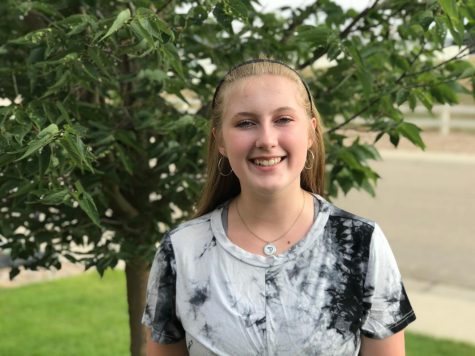
Kaitlyn Randolph is a Freshman. They enjoy caring for their many pets, playing video games, and writing. They are involved with the Career Development Center and the Colorado Dog Academy. They are looking forward to writing articles and being a part of the journalism staff this year.
You can contact them at [email protected].





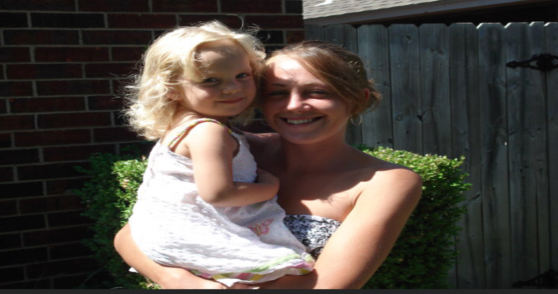

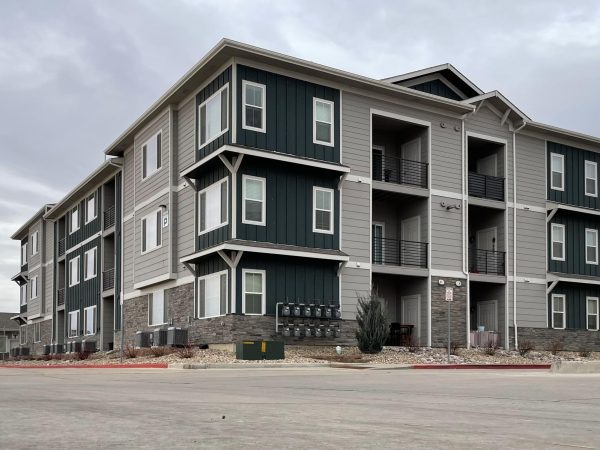

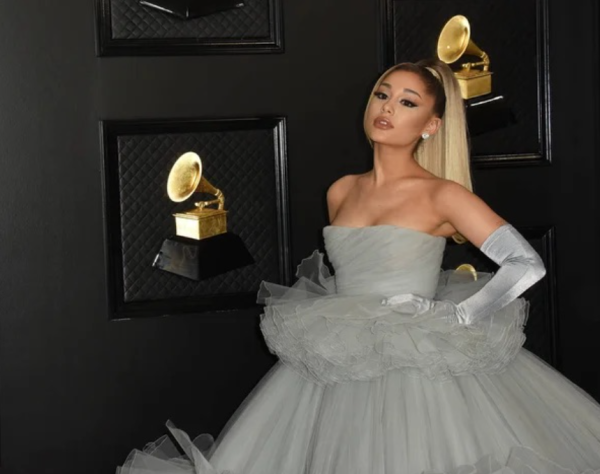
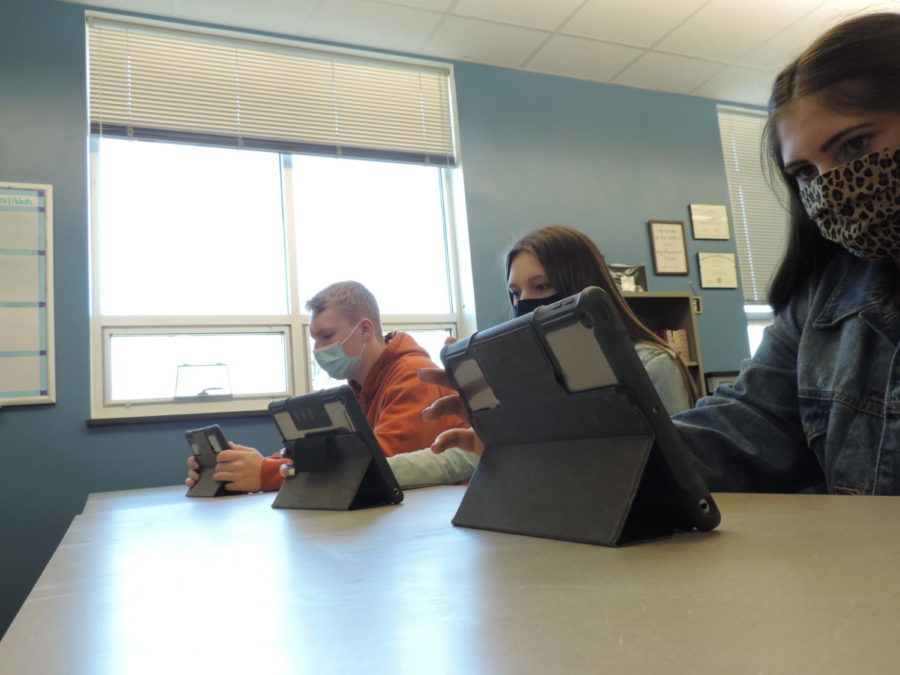
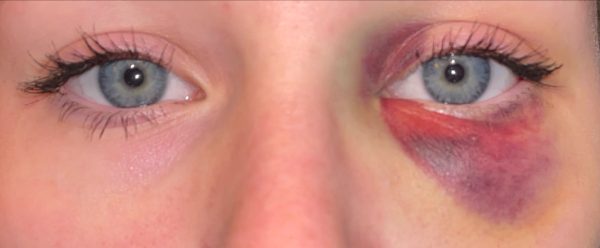
Rachel Long • Apr 13, 2021 at 8:35 am
It is good to present both sides of the issue. As an adult, I personally feel very uncomfortable having my camera on for a group meeting. It’s easier when it’s one on one or just a few people to keep it on. I’ve also noticed I worry a lot more about my appearance when my camera is on, and that distracts me from truly being present and focus on the content of a meeting. I think students should try to have the camera on for a least a short time as a courtesy, but then be allowed to turn it off if they feel more comfortable that way.